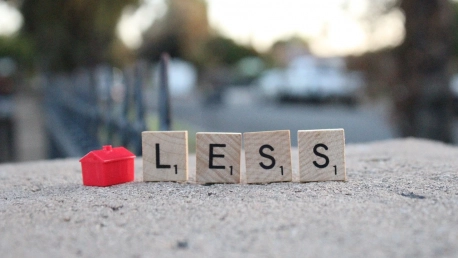In San Francisco, garden planters along sidewalks have stirred controversy, with some viewing them as efforts to deter the homeless. Critics label this as “hostile architecture,” an approach to urban design aimed at excluding the homeless from certain areas. Supporters argue that the planters are needed to prevent the formation of homeless encampments.The debate has grown tense as the Department of Public Works, pushed by homeless advocates, has started handing out violations for problematic planter placements. This controversy has provoked retaliation from activists like Hazel Williams, who argue that the city is neglecting the homeless in favor of aesthetics and property rights. Legal battles have ensued, highlighting the city’s struggle to provide sufficient shelter, as evidenced by the expanding waitlists for housing assistance. This nuanced issue reflects the broader societal conflict over urban space and the rights of the most vulnerable.









